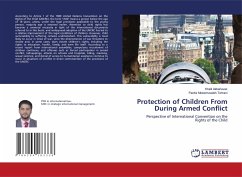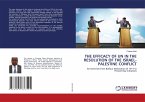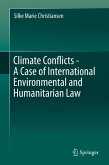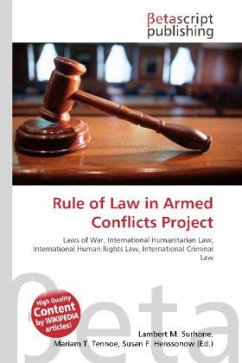In contemporary armed conflicts, civilians constitute majority of casualties and are at times been deliberately targeted. Protection for the civilian is a basic purpose of international humanitarian law. Many parties to armed conflicts such as rebel groups, terrorists and government forces, use civilians' targets as a war weapon to achieve their goals. Civilian protection is both a moral obligation since everyone has the right not to be arbitrarily deprived of their life, and a legal obligation to all States to protect civilians in situations where they are involved in military action.The century long conflict between Israel and Palestine is one of the most violent confrontations the world has ever witnessed. The UN charter prohibits the use of force by states, however, under Article 51 a State can use force in self-defense. This work argues that the baseline probability of claiming the right remains low because explicit reference to Article 51 accompanies the uncertainty of justification success. The enjoyment of this inherent is further complicated by the existence of comprehensive international humanitarian laws which obligates States to refrain from attacks on civilian targets.








